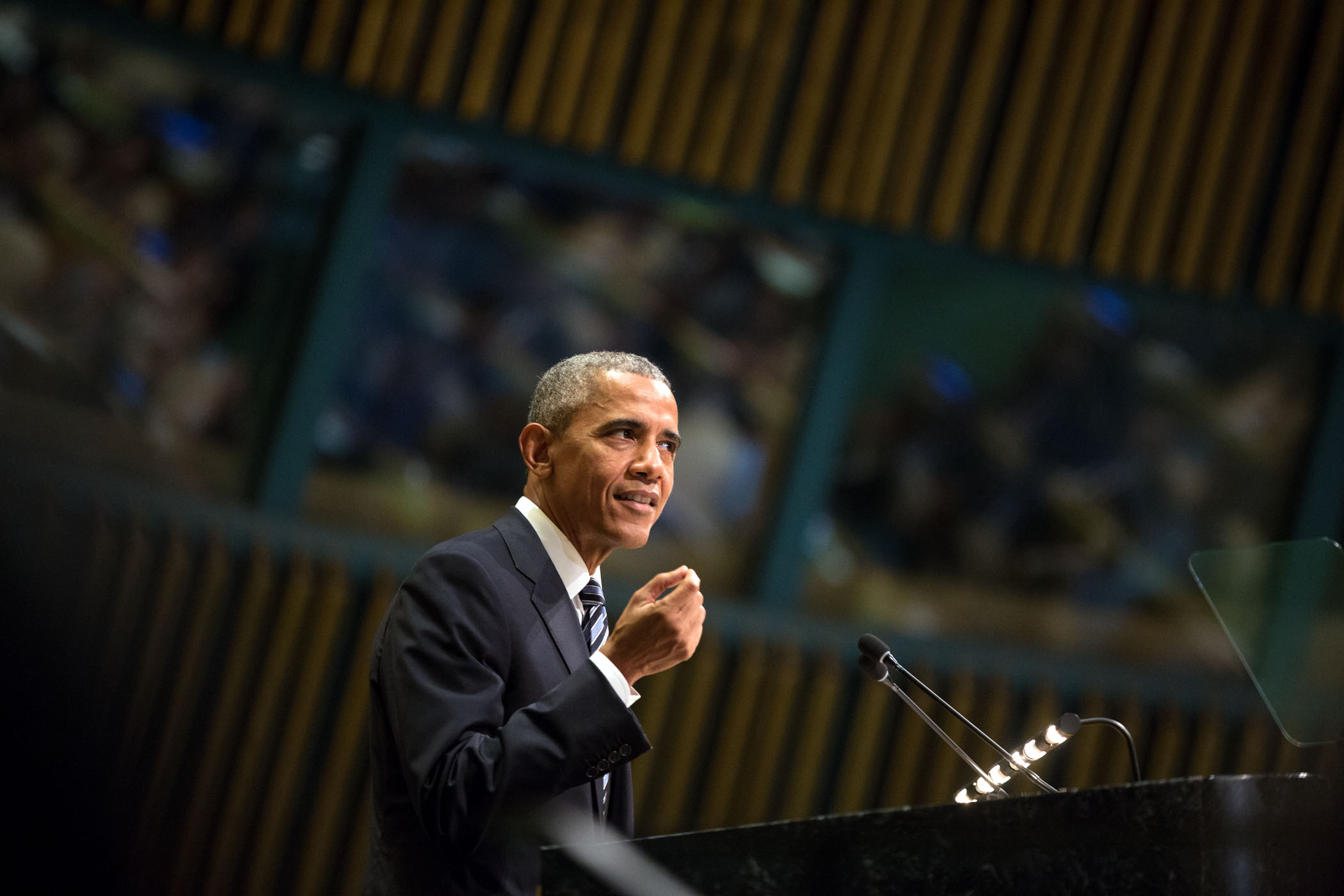
The Final State of the Union
Last December, following President Obama’s leadership, more than 190 countries adopted the Paris Agreement -- the most ambitious climate change agreement in history. And this week, at the United Nations General Assembly, the Administration built on that progress by committing to undertake several important actions.

Here’s what you need to know:
John Morton is the Senior Director for Energy and Climate Change at the White House National Security Council.
Stay tuned—and don't forget to follow us on Twitter for ongoing climate updates at @FactsOnClimate